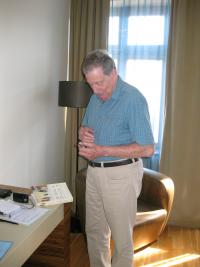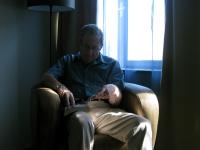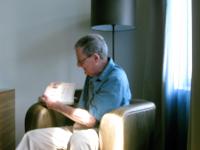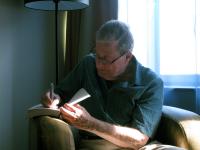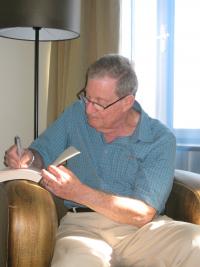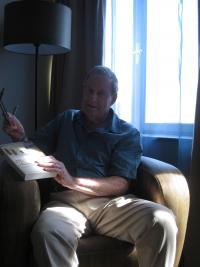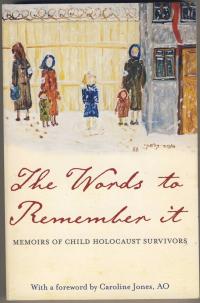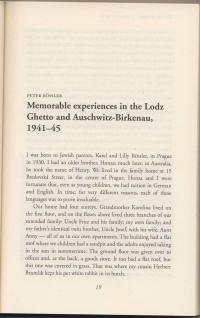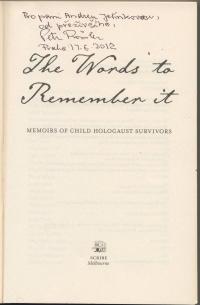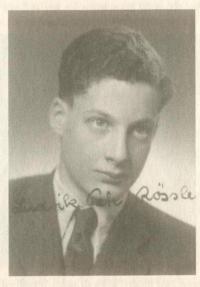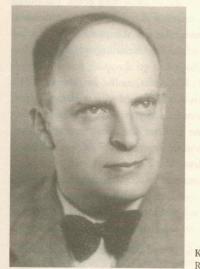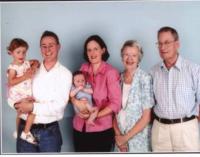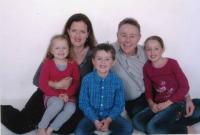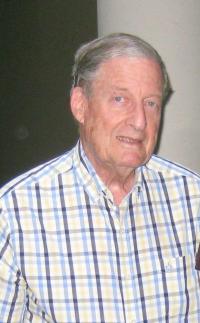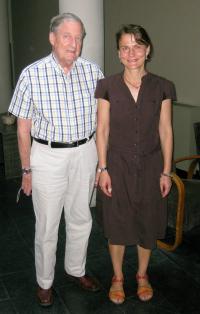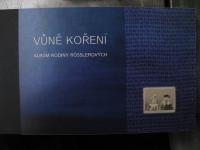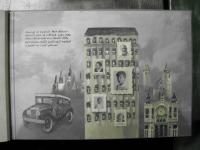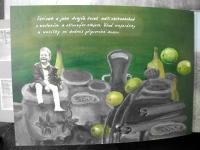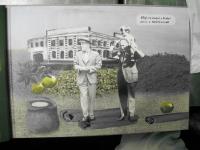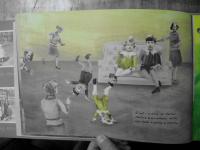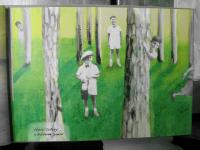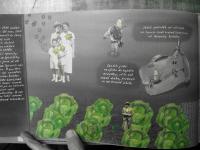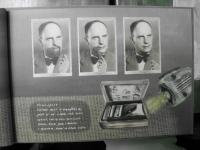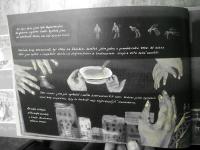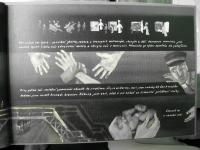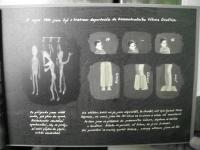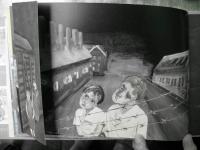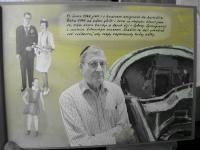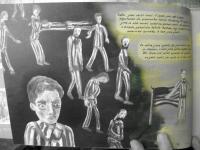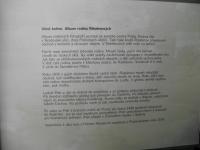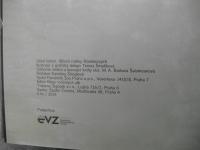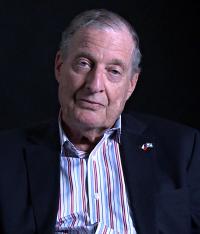I followed my brother to the right. That‘s the reason I‘m here today.

Stáhnout obrázek
Mr. Petr Ludvík Rössler was born on June 4, 1930, in Prague, in a Jewish, non-religious family as the second son. His father and uncle ran a grocery store, his mother was a housewife. They would speak Czech at home and they were a part of a wealthy Prague family. In 1939, his parents were playing with the thought of emigrating. However, in the end, they didn’t carry that thought out and subsequently their shop, as well as their house, was confiscated. In October 1941, Petr Rössler and his brother were sent on a transport to the Lodz ghetto (Litzmannstadt). Their parents died in the ghetto after a few months, the two siblings remained alone there for almost three years until the ghetto was abolished in August 1944. Thereafter, they were transferred to Auschwitz, where they both passed the selection and after a few weeks they left the Auschwitz death factory on a transport to the Kaufering labor camp in Bavaria. After the camp was shut down in April 1945, the Rössler brothers were sent on a death march to the 50-km-distant Allach camp near Munich, where they were finally liberated. In 1945, Petr returned to Prague and since then lived with his uncle and aunt who had survived the war in the ghetto of Theresienstadt. In 1948, Petr Rössler and his brother went to Australia where in 1949 they were joined by their uncle and aunt. Mr. Petr Rössler lives in Sydney and he works for the local Jewish museum. He comes back for the occasional visit to the Czech Republic.
